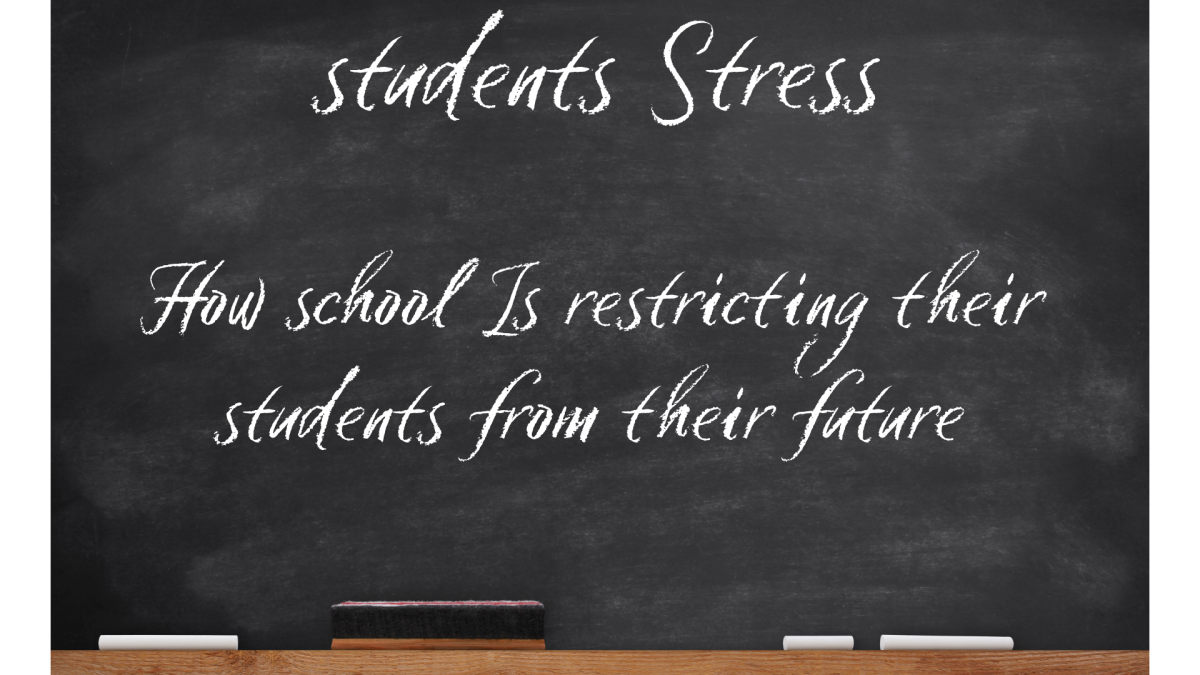Homework has always been an expectation, no doubt about that. However, it seems with every year the work load just seems to really pile up. Students are expected to balance eight classes worth of homework assignments- beyond just extra-curricular activities. I believe that the amount of homework a student receives needs to be drastically reduced; due to an unrealistic nature of needing to work off the clock.
Homework in itself isn’t a bad thing, generally, I can see it as a way to help practice and learn the material outside of class. It becomes a problem when students are already burned out after going to school for seven hours a day, and have yet to even begin their additional work. You would think seven hours of school is plenty of time to work, but many classes require students to work beyond what’s expected.
Problems have also been faced with finding time to complete homework. To break down my day, I go to school, work an eight hour shift, then need to crank late into the night just to stay on top of my assignments. Frankly, it’s quite hard to take care of yourself while also finishing those assignments, as many students do sports, clubs, and part-time jobs, leaving very little time for homework, let alone their grades.

Working excessively isn’t healthy either, school requires just as much commitment as a full-time job, so it’s quite easy to get burned out. According to National Institutes of Health (https://pmc.ncbi.nlm.nih.gov/) studies show that “burnout can create problems in every aspect of an individual’s human life. It may have an adverse effect on interpersonal and family relations and can lead to a general negative attitude towards life.”
Therefore, what’s to say that these effects aren’t affecting our student body? With so many changes happening at once, it creates a barrier between what’s expected and what’s best for your health.
Beyond just a large amount of homework for students, it’s an unrealistic expectation for one to work off the clock. In the workforce, it’s typically just required that you work on the clock, then you can go home and unwind. School is weirdly the opposite, without the given motivator of compensation to push one to do good, it’s just expected you use your free time to work.
Many of these assignments also don’t typically address real-world problems or situations. I struggle with algebra, and my assignments have been hard to solve. I have to show complex reasoning behind my answer, which only applies to certain jobs and fields.
Additionally, I don’t think homework gives students the chance to do hands-on practices: group work, one-on-one help, and learning activities are all ways that help build comprehension, rather than giving someone a packet and making them go cold turkey.
Due to a lack of knowledge, this has been known to cause students to cheat, according to a study by Stanford University (https://web.stanford.edu/), “students frequently cheat on homework, with multiple studies showing that over 60% of college students admit to cheating in some form, and many high school students do too. Reasons for cheating include time pressure and other responsibilities, the perception that some forms of cheating are minor, and increased opportunities due to technology, such as the use of AI tools”.
Homework really just becomes pointless if it’s not being done by one’s own knowledge, which is why I think in-person learning styles are the way for students to really understand the material.
Although the concept of homework is a little prickly around the edges, like I said earlier, I believe that it does intend to help students learn, there just needs to be changes in how much is being assigned, and how it actually helps students apply useful information to their day-to-day lives.






















